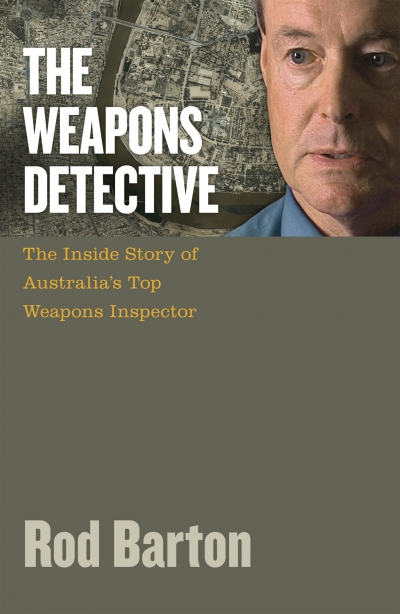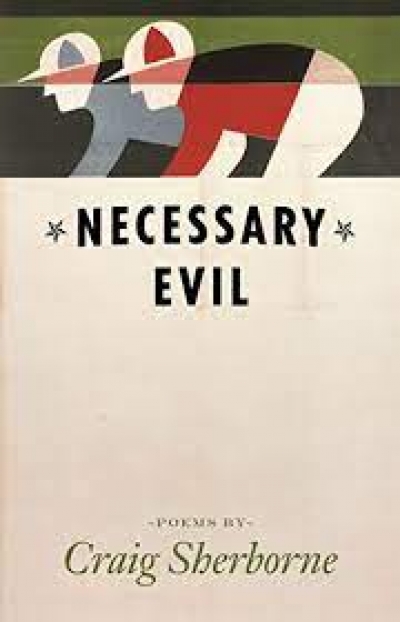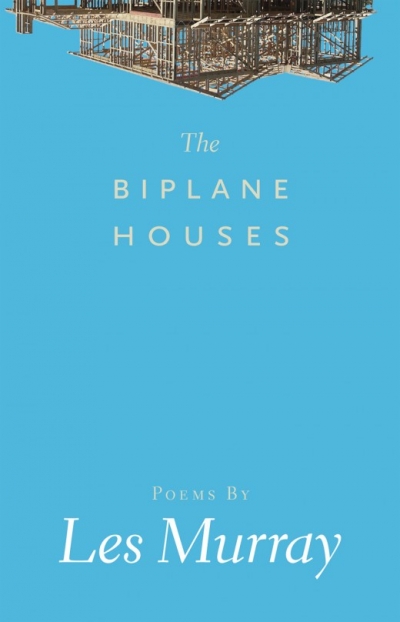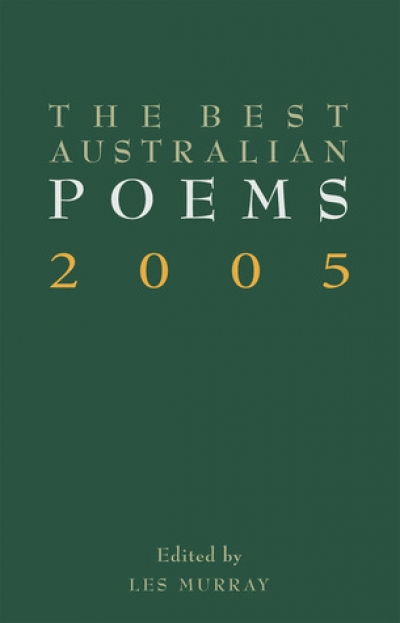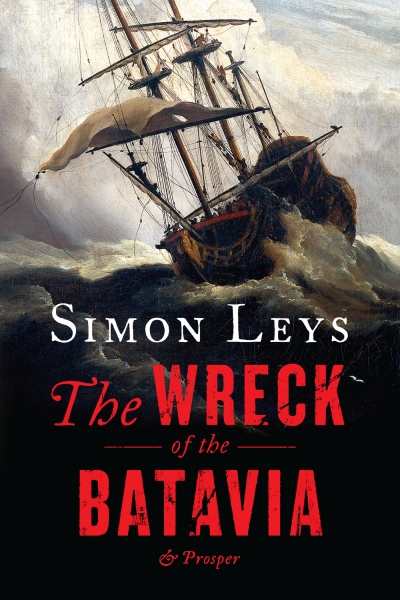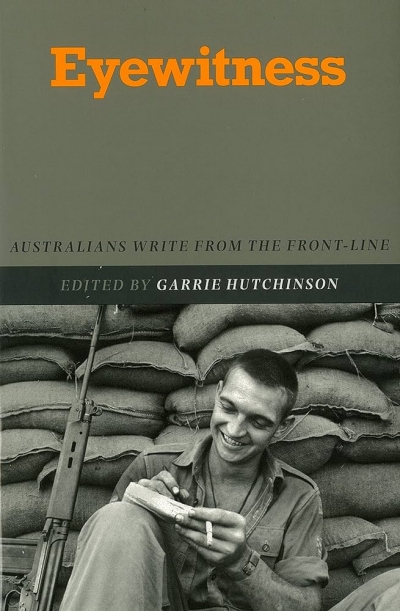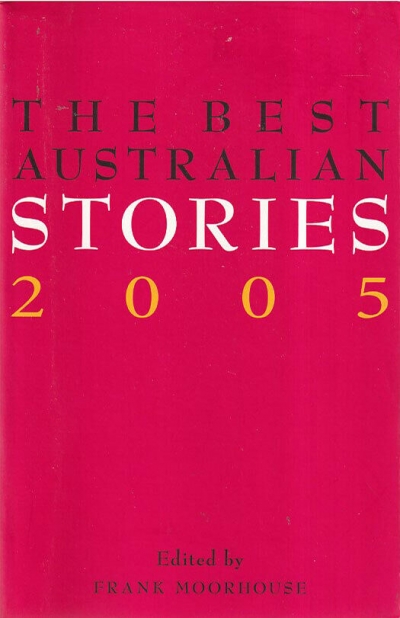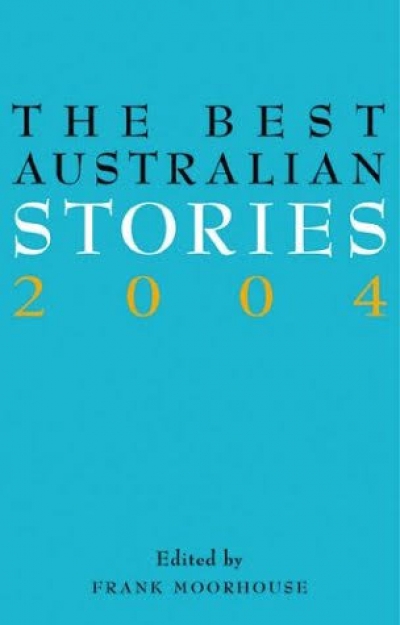Black Inc
The Weapons Detective: The inside story of Australia’s top weapons inspector by Rod Barton
Biplane Houses by Les Murray & Collected Poems by Les Murray
Eyewitness: Australians write from the front-line by Garrie Hutchinson
Defamation is easy. Australia has any number of good defamation lawyers who will ‘legal’ a manuscript if you pay them enough. But if your manuscript threatens to transgress the National Secrets Act, you are on much shakier ground. Axis of Deceit, Andrew Wilkie’s ‘story of the intelligence officer who risked all to tell the truth about WMD and Iraq’, was always going to be hot. Our investigations didn’t turn up a single Melbourne lawyer who could advise us if we had crossed the line, so we asked David Wright-Neville, a Monash academic and ex-spook (like Wilkie, he had been an analyst at the Office of National Assessments, Australia’s peak intelligence agency), to check the manuscript. He read it thoughtfully and suggested chopping a dozen or so offending passages, which was acceptable to both Wilkie and Black Inc.
... (read more)ABR goes to London
Hot on the heels of our inaugural ABR Forum in Canberra on March 28, when a capacity audience attended the session on life-writing at the National Library, ABR will host its first event in London on Tuesday, June 8. Peter Rose and Morag Fraser will present an evening of readings and ideas, with special appearances by Clive James and Peter Porter. We’re delighted to be able to present this special event in association with the Menzies Centre for Australian Studies, Kings College London. The event will run from 6 to 8 p.m. Bookings are essential: please direct them to This email address is being protected from spambots. You need JavaScript enabled to view it.. ABR has many subscribers and supporters in the UK; we look forward to meeting them – and to reaching new ones.
... (read more)
